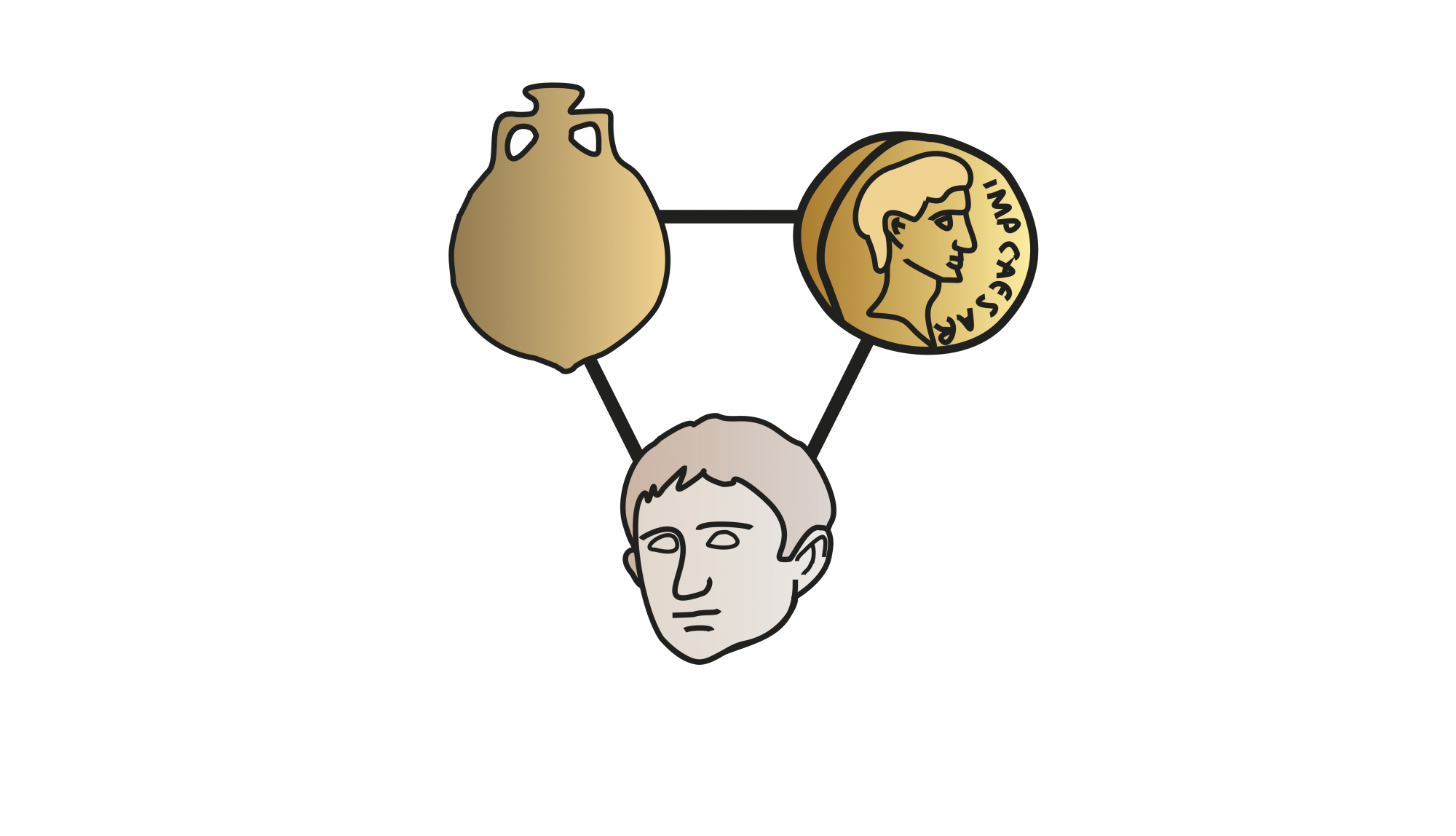Learn more about the Roman economy by playing it! Project MERCURY was involved in the production of the board game FORVM: Trade Empires of Rome. It offers a playable version of some of the key macroeconomic theories explored in MERCURY research.
Find out more about FORVM and how to purchase it on http://www.forvm.ca
Academic paper on building FORVM:
Graham S, Brughmans T, Romanowska I. On Building FORVM: Making Our Research On The Roman Economy Playable…and Fun. In: McKee G, Wolin D, editors. Re-Rolling the Past: Representations and Reinterpretations of Antiquity in Analog and Digital Games ISAW Papers 223. 2022. Available: https://hdl.handle.net/2333.1/ncjsxxs1

FORVM: Trade Empires of Rome
Who will establish the richest trade empire of ancient Rome? Who will be the next Consul?
In FORVM, players compete to become the most prestigious Roman by having their agents engage in trade in markets across the Roman Empire. In each turn, agents are set out one step at a time across the network of markets to establish horrea (warehouses), negotiate alliances or break them apart, establish a presence in a region or prevent another player from accessing it.
Trade functions through every market where a player has established a warehouse. The further from Rome, the higher the transport and information costs and the lower the profit. But agents who are connected back to Rome are better informed, and so can get a better return. Fortunes can be made by creating continuous trade routes accessing the wealth of the edges of Empire and the Barbaricum beyond!
Money is not the only way for a player to grow in prestige; a combination of clever board control and alliances and benefactions allow a player to move up the cursus honorum (prestige ladder) to become Consul! But fate will always play a role, and can upset the most intricate of plans.
